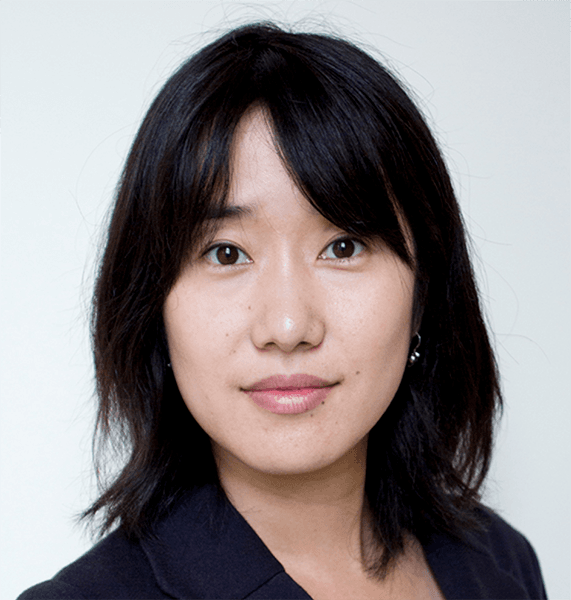Speakers
 |
Akane Sano Rice University Title: Human-centered AI for health and wellbeing Abstract: Mobile health systems with sensors and computing enable non-disruptive monitoring of daily life behaviors and responses, aiding real-time interventions. Combining diverse and multimodal measurements like clinical and remote sensing data holds the potential to predict and manage health issues. Despite progress in various domains, it remains crucial to overcome challenges related to data collection, modeling, feedback and deployment. In this talk, I will address these challenges and showcase progress and future directions for measuring, predicting, and supporting health and wellbeing. In particular, I will highlight the significance of designing fair and robust models as well as developing adaptive and diverse sensing and interpretable feedback systems. Bio: Akane Sano is an Assistant Professor at Rice University, Department of Electrical Computer Engineering, Computer Science, and Bioengineering. She directs the Computational Wellbeing Group and is a member of Scalable Health Labs. Her research includes data science, machine learning, and human-centered intelligent systems for health and wellbeing and spans in the field of affective computing, ubiquitous and wearable computing, and biobehavioral sensing and analysis/modeling. Her research targets (1) the analysis and modeling of human ambulatory multimodal time series data including physiological, biological and behavioral data and surveys for measuring, predicting, improving, and understanding human physiology and behavior and human factors such as health, wellbeing, and performance and (2) development of human-centered computing technologies for health, wellbeing, and performance. She has been working on developing tools, algorithms, and systems to measure, forecast, understand and improve health and wellbeing using multimodal data from mobile and wearable sensors, devices in daily life settings, and clinical assessment especially for measuring, predicting, and intervening/improving clinical outcomes, stress, mental health, sleep, and performance. She obtained her PhD at MIT Media Lab, and her MEng and BEng at Keio University, Japan. Before she joined Rice University, she was a Research Scientist in Affective Computing Group at MIT Media Lab, and a visiting scientist/lecturer at People-Aware Computing Lab, Cornell University. Before she came to the US, she was a researcher/engineer at Sony Corporation focusing on wearable computing, intelligent systems, and human/computer interaction. More info here |
 |
Monica Tentori Center for Scientific Research and Higher Education (CICESE), Ensenada, Mexico Title: Neuroscience-based interaction Abstract: Recent trends in Ubiquitous Computing are making possible the use of innovative technologies and techniques from Neuroscience to uncover innovative interaction techniques that offer multiple benefits for the collection of data that is relevant to predict and manage health issues. In this talk, I will discuss current challenges and opportunities of Neuroscience-based Interaction in support of the treatment and screening of individuals with neurodevelopmental disorders. I will illustrate its potential through three research projects. The first project showcases how to trick your brain using interactive sonification to make Yoguis feel more flexible. The second project demonstrates that brain-computer video games are effective in supporting neurofeedback training and improving the attention of children with autism. And the third project shows how to uncover digital markers of autism by means of affecting children’s interactions with a haptic device. I will close by discussing research opportunities and the untapped potential of recent breakthroughs in Neuroscience for the development of innovative NUIs designed to support healthcare. Bio: Monica Tentori is a full Professor in the Computer Science Department of CICESE where she leads the VeritasResearchLab. Her research interests in ubiquitous computing involve challenges related to AI, sensing and ML, and HCI. Her work has focused primarily on supporting challenges associated to health and urban environments. Her research intersects with ubiquitous computing and HCI. She is the first Latin American woman and the only Mexican who have received the international award “Microsoft Research Faculty Fellowship”. She is the first woman from Ensenada who received the award of distinguished citizen of the city of Ensenada for her work in technological innovation. She is member of the National System of Researchers (SNI) as level II. She is member of the steering committe of ubiquitous computing for both the ACM SIGCHI and ACM SIGMOBILE chapter, and a member of the UC Mexus advisory subcommittee. More info here. |